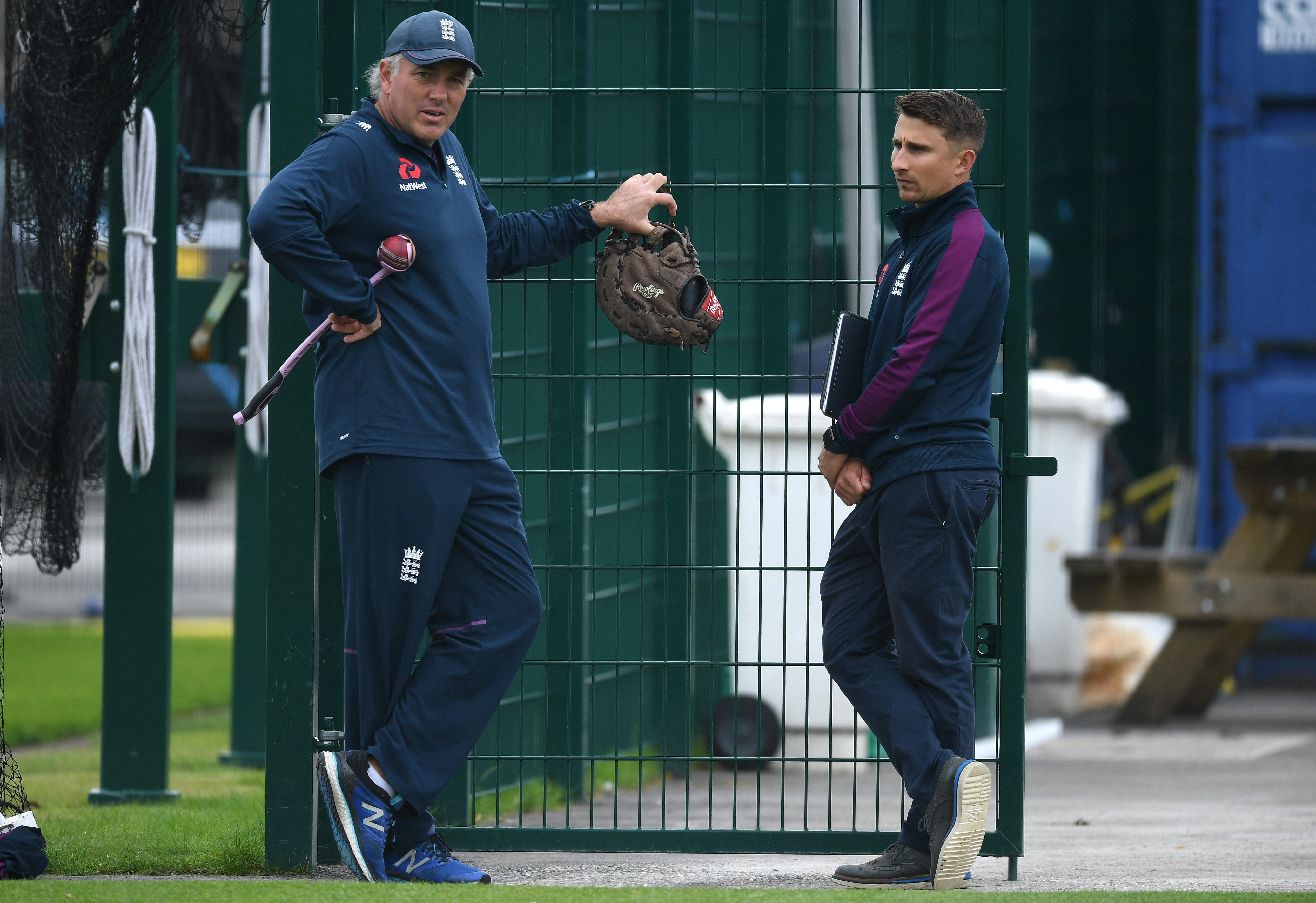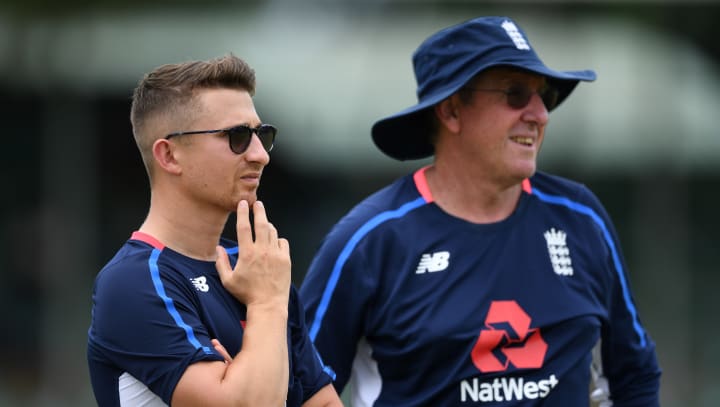James Taylor arrived at Trent Bridge on 2 May 2016 with one task in mind. He was faced with a playing career decimated by a medical diagnosis, and was at Nottinghamshire’s famous ground to tell his story to the nation’s media. Midway through the conference, the then 26-year-old was brought to tears explaining what had come to pass in the prior days. He left the room to compose himself.
Soon after, he returned, determined to face up to his journey ahead. His commitment to making his story heard spoke volumes of the man affectionately known at “Titch”, a steeliness which was to serve him well in his post-retirement career.
20 days before, on 12 April – five years ago today –, Taylor announced the premature curtailment of his playing days; a rushed visit to hospital having revealed that he was suffering from ARVC (Arrhythmogenic Right Ventricular Cardiomyopathy), a rare hereditary heart condition.
It put a halt to a successful career showing promise of stepping up to the next level. A winter tour to South Africa had secured his spot in the Test side. He scored 70 and 42 in the first encounter to take England to a 331-run win, took two marvellous short-leg catches in the third Test Match in Johannesburg and occupied the crease as the visitors secured the series win in the fourth innings of the final game.

His limited overs career was all the more impressive. Taylor still sits ninth on the list of all-time highest List-A averages, trailing only the likes of AB de Villiers, Cheteshwar Pujara, Virat Kohli and Babar Azam on 53.11. In One Day International cricket, Taylor averaged 42.23 across his 27 games, bettered only in an England shirt by Jonathan Trott, Jonny Bairstow and Joe Root. In First-Class cricket for Nottinghamshire, he averaged 42 across 60 matches with seven centuries and a highest score of 291 made less than a year prior in a resounding victory against Sussex.
Mick Newell, Notts’ Director of Cricket, played an important role in bringing Taylor to Trent Bridge in 2012, and recalls the remarkable work ethic and impeccable fitness levels which stood the former Leicestershire batsman ahead of the crowd.
“He would bat and gym for hours. His fitness record was outstanding, he would top all the tests, right up there with Chris Read in terms of the fittest blokes in the squad," he says.
“He loved working on his game and was driven and self-motivated. He looked after his own game and made sure it was in the best possible place.”
Such was the gravity of the revelation and subsequent outpouring of emotion, six separate BBC branches graced Nottinghamshire on the day to cover the news. That his career was just taking off made the diagnosis particularly wrenching, as Newell admits.
“It was a shock. Just before the start of the season, with how well he had been doing, how he had come back from South Africa with England having had a really good tour; these things are never at a good time, but there couldn’t have been a worse moment for him given where his career was going," he says.
“He scored a lot of runs over the four years here, he took on the captaincy of our white-ball teams and was on the edge of kicking on, especially with England.”
Yet, that drive and focus which made him so successful on the field stood him in good stead off it. No sooner had Taylor retired than he was thinking about how he could carve a career in the sport he grew up around. After having an operation to insert a cardiac defibrillator, Taylor wrote on Twitter:
“At the bottom of a very steep hill, can’t wait to see the view from the top.”
A stint in the media kept Taylor in the game, prior to being catapulted into a role as a national selector.

“He was only 26 at the time and it felt like his best years had been taken away”, Newell says. “He started quickly in the media and that kept him in the game.
“To take on selection at that young an age will have been a challenge because he was still a contemporary of the players he was picking and talking to, so that in itself must have been a significant challenge.”
Yet Taylor has risen to it with aplomb. It enables him to use his vast expertise from across the domestic game, developed from his time at Nottinghamshire, together with knowledge of the Lions, age-group and Academy structures and international experience with the red and white ball.
Nor is his post-playing venture a shock. At a time when Taylor considered himself lucky to be alive, he was already thinking of his next move, testament to his commitment.
“That drive meant he stayed within the game at a time when he could have gone off and felt sorry for himself, but he didn’t do that. He found work and got stuck back in”, Newell says.
Taylor has now been in the selector role for three years and, along with Ed Smith, is currently navigating England through the testing period of resource juggling, rest and rotation by necessity and bio-secure bubbles brought on by the coronavirus pandemic.
Despite extreme hardship, he’s forging a path. As per the proverb he adopted on social media some five years ago, when life gave James Taylor lemons, he made lemonade.
